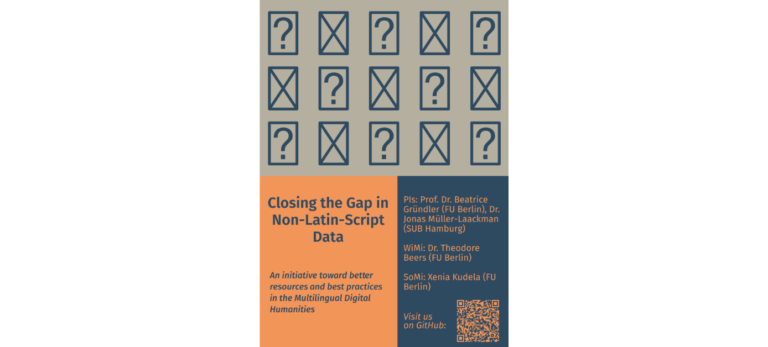
Das Projekt aggregiert Informationen zu digitalen Projekten und Konsortien, die sich im weitesten Sinne mit nicht-lateinischen Schriften beschäftigen. Die gesammelten
Short description of the project
The interdisciplinary research and digitalisation project "Restaging Fashion. Visualisation of Vestimentary Sources" (ReFa) has developed explorative approaches to holdings from the Berlin Art Library with its collection Modebild – Lipperheide Costume Library and from the textile collection of the Germanisches Nationalmuseum Nuremberg.
Project content
The Restaging Fashion project (11.2020 – 11.2023), funded by the Federal Ministry of Education and Research (BMBF) and based at the UCLAB at University of Applied Sciences Potsdam, is dedicated to the cultural history of clothing, its appearance and symbolism. The visualisation of the collection's holdings brings together vestimentary sources in the digital realm and enables cross-source and multidisciplinary research on the objects. The starting point is the painting collection of 600 works donated by the Berlin publishing couple Franz and Frieda von Lipperheide in 1899. It documents fashion, costume and dress from the late Middle Ages to the 19th century. The paintings are complemented by 1,000 prints and hand drawings from Lipperheide's costume library as well as text sources, such as archival documents on the history of the collection. However, the often fragile historical textiles provide decisive information; they expand the pictorial and textual information with the objecthood and materiality itself. Using 3D scanning and photogrammetry, the detailed, three-dimensional reproduction of 15 historical clothing ensembles and accessories from the Germanisches Nationalmuseum was trialled.
The UCLAB (Urban Complexity Lab) of the University of Applied Sciences Potsdam, project initiator with many years of experience in the visualisation of cultural data, tested experimental methods of collection presentation by means of visualisations, which are used on the one hand as an aid to content exploration and on the other hand as a tool for interpretation. In the Restaging Fashion project, image and metadata were visualised and made available in an iterative and collaborative design process. The chosen form of collection presentation allows contextualisation, an introduction through narrative elements and free exploration of the holdings. The result is a freely reusable prototype, the ReFa-Reader.
Fachhochschule Potsdam/UCLAB
Sabine de Günther
E-Mail: sabine.de.guenther@fh-potsdam.de
Find out more at
Add your DH research project to the project showcase by submitting a short project description via the web form. Enter project data, a brief description, a graphic or visualization as well as a detailed description of the project content with technical assignment, addressees, added value, project managers, funding information and duration.

Das Projekt aggregiert Informationen zu digitalen Projekten und Konsortien, die sich im weitesten Sinne mit nicht-lateinischen Schriften beschäftigen. Die gesammelten
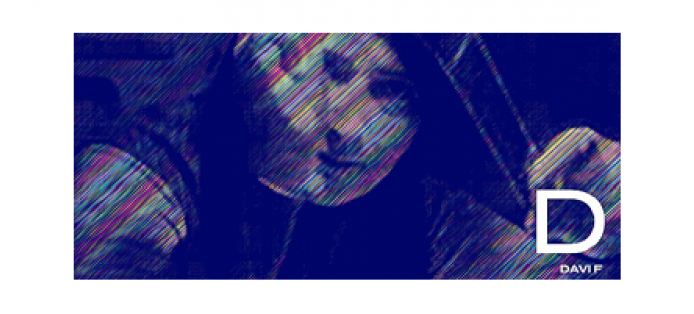
is in die 1990er Jahre war es in der Filmwissenschaft ein Gemeinplatz, dass Frauen in den Anfangsjahren der Filmproduktion nur
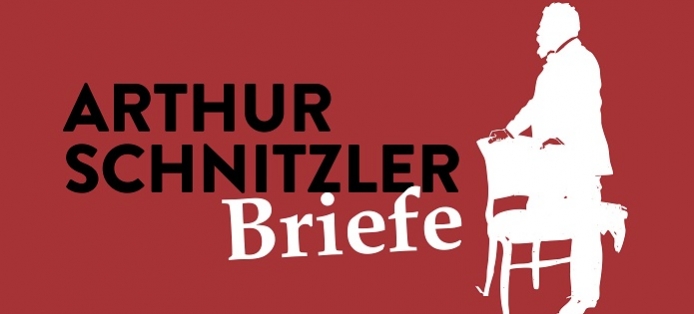
Arthur Schnitzler gehört zu den bedeutendsten österreichischen Autoren und war ein produktiver und gut vernetzter Briefschreiber. Seine Korrespondenz wurde jedoch
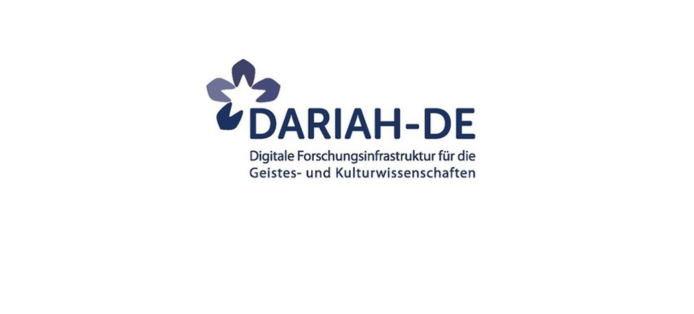
DARIAH-DE (gefördert 2011-2019) unterstützt die mit digitalen Ressourcen und Methoden arbeitenden Geistes- und Kulturwissenschaftler/innen in Forschung und Lehre. Dazu baut
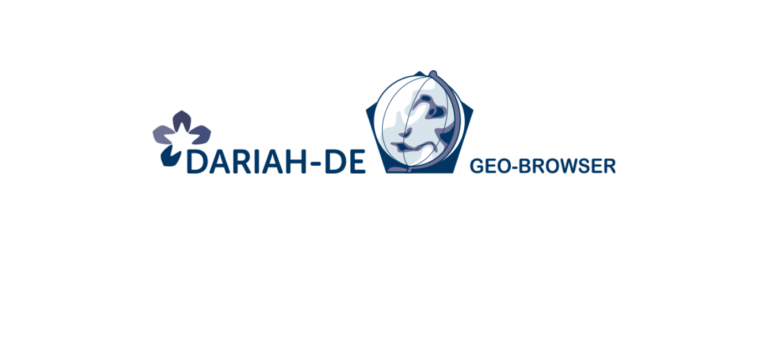
Der DARIAH-DE Geo-Browser ermöglicht eine vergleichende Visualisierung mehrerer Anfragen und unterstützt die Darstellung von Daten und deren Visualisierung in einer
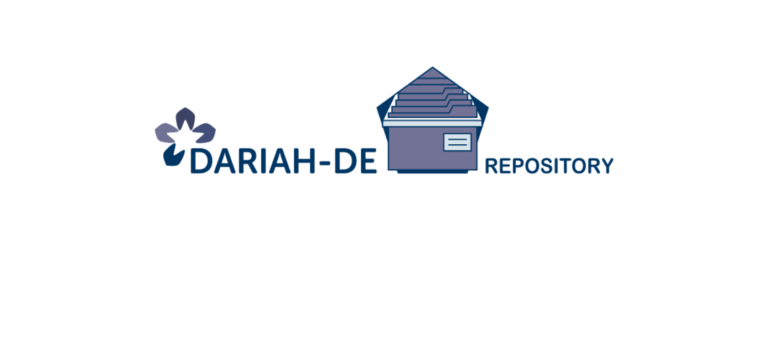
Das DARIAH-DE Repository ist eine zentrale Komponente der DARIAH-DE Forschungsdaten-Föderationsarchitektur, die verschiedene Dienste und Anwendungen aggregiert und so komfortabel nutzbar
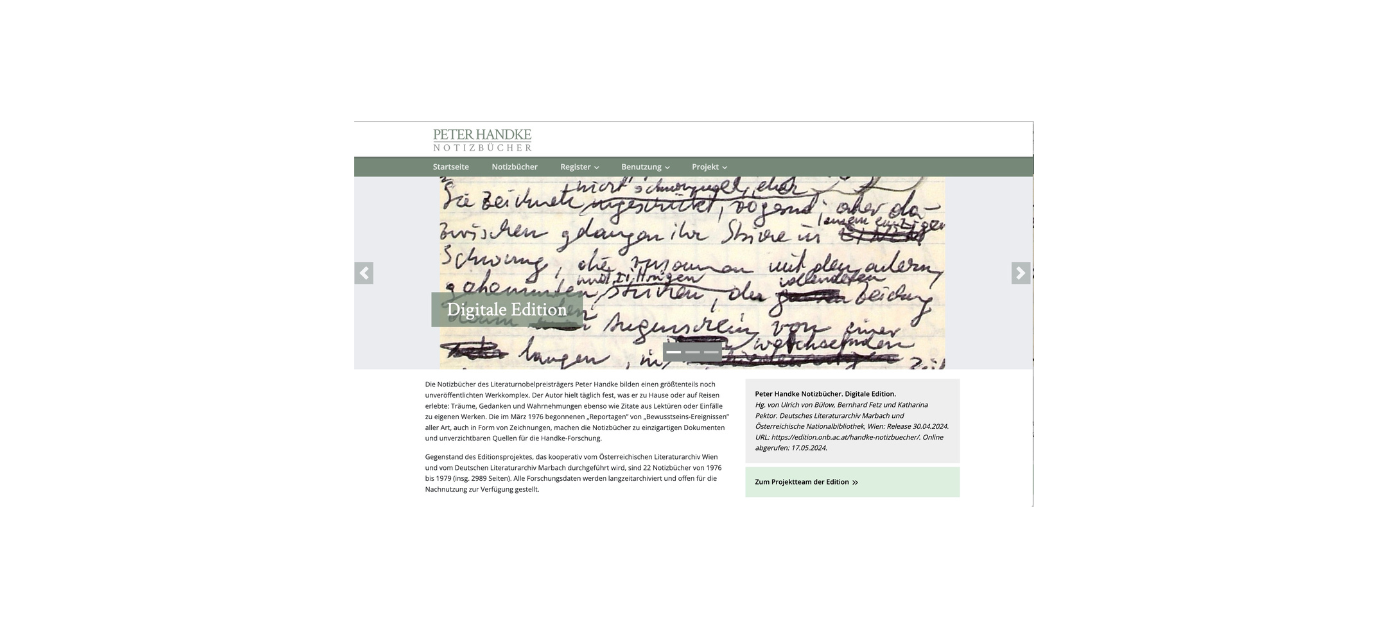
In einem langfristigen Kooperationsprojekt von Österreichischer Nationalbibliothek und Deutschem Literaturarchiv Marbach werden alle bis 1990 entstandenen 75 Notizbücher in einer kommentierten digitalen Edition erstmals veröffentlicht und frei zugänglich gemacht.

Die drei von Text+ adressierten Datendomänen Sammlungen, lexikalische Ressourcen und Editionen gehören zu den klassischen Feldern geisteswissenschaftlicher Forschung. Das Plus-Zeichen
Wir verwenden Cookies und ähnliche Funktionen zur Verarbeitung von Daten. Die Zustimmung ist freiwillig und kann jederzeit widerrufen werden.